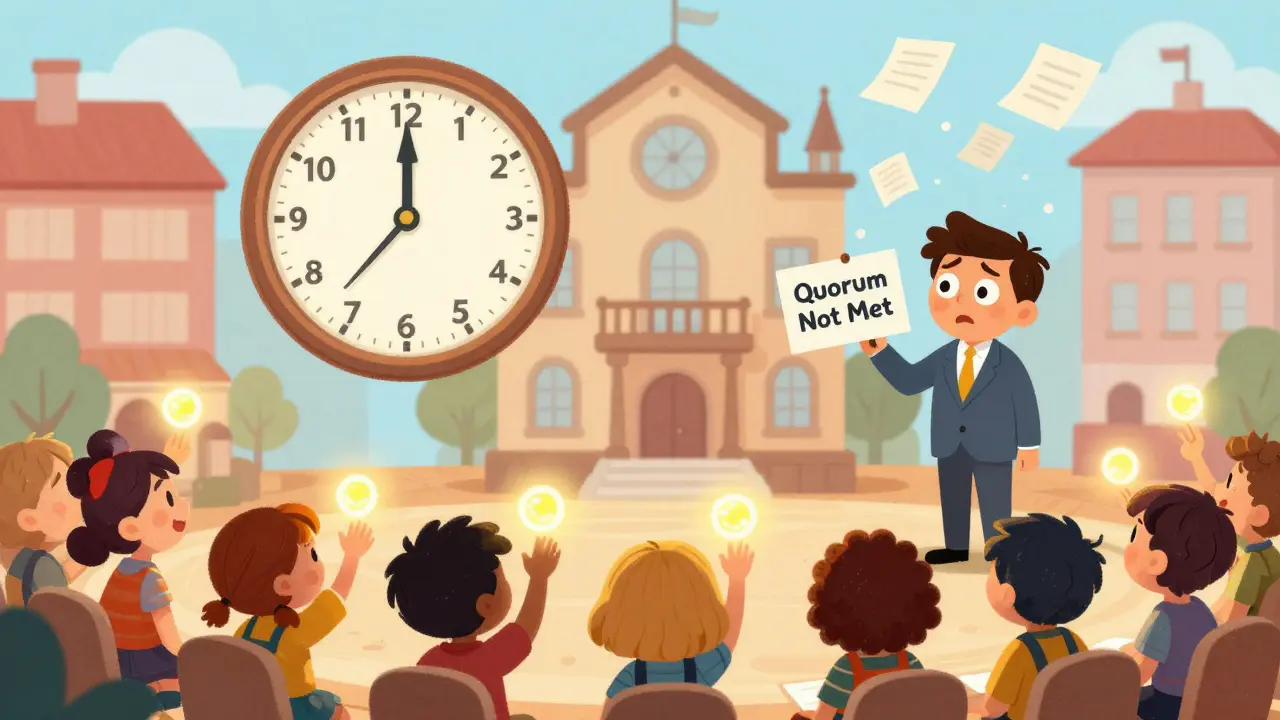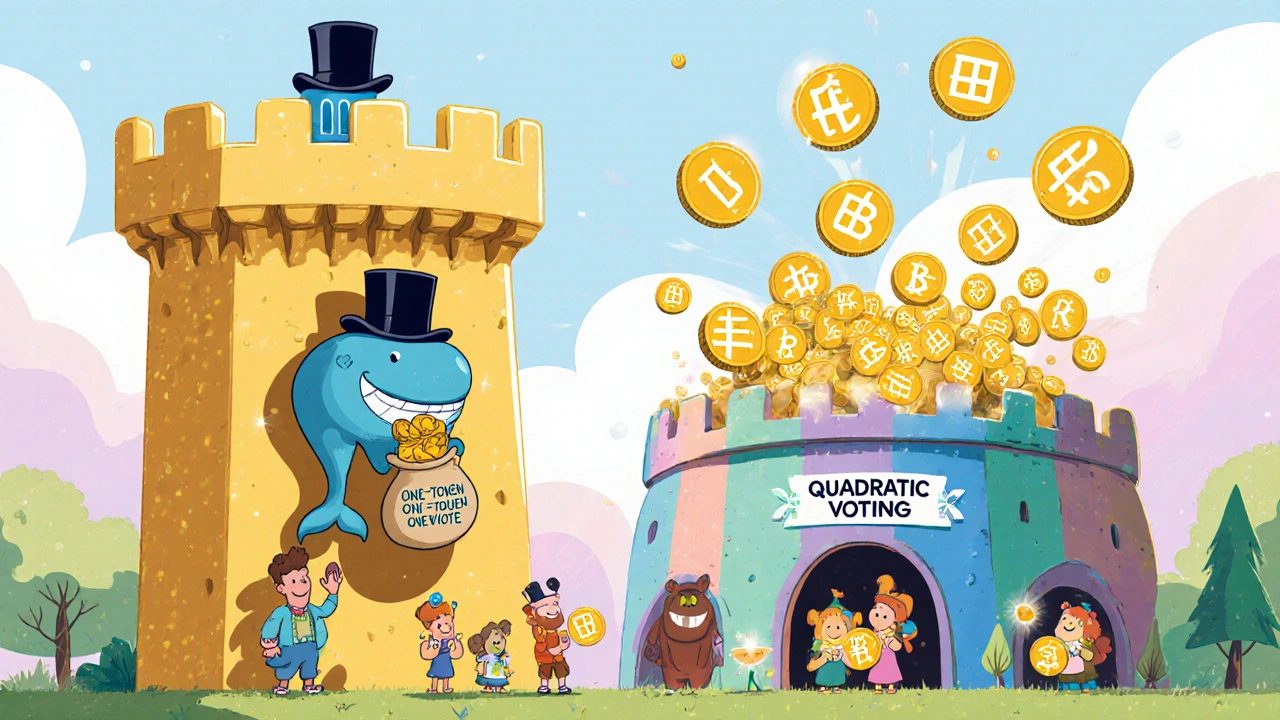Governance Tokens: How Decentralized Communities Make Decisions
When you hold a governance token, a digital asset that grants voting rights in a decentralized organization. Also known as DAO token, it lets you help decide how a blockchain protocol evolves—like upgrading software, spending treasury funds, or changing rules—without asking a company for permission. This isn’t theoretical. Projects like Uniswap, Aave, and Compound use governance tokens to let users vote on real changes that affect millions in value.
These tokens don’t just give you a vote—they tie your influence to your stake. The more tokens you hold, the more weight your vote carries. But that’s not the whole story. Many projects now include delegation systems, so if you don’t have time to research every proposal, you can assign your vote to someone you trust. Some even use quadratic voting to prevent big holders from dominating. This isn’t just about democracy—it’s about aligning incentives. When users own the rules, they’re more likely to build, use, and defend the system.
Behind every governance token is a DAO, a decentralized autonomous organization that runs on code and community votes. Also known as decentralized organization, it has no CEO, no office, and no traditional management. Instead, proposals are submitted, discussed on forums or Discord, and then put to a vote. If enough token holders approve, the code automatically executes. This removes middlemen and cuts delays, but it also brings risks: bad proposals can slip through, and voter turnout is often low. That’s why smart projects combine governance tokens with time-locked voting, reputation systems, and emergency shutdowns.
Real-world impact shows up in the numbers. In 2023, Uniswap’s governance vote to shift 25% of its treasury to a new liquidity program passed with over 90% approval—and moved over $100 million in assets overnight. No board meeting. No CEO signature. Just code and community. Meanwhile, projects that ignore governance transparency often lose trust fast. Users notice when voting is rigged, proposals are buried, or token distribution is unfair.
What you’ll find in the posts below isn’t about tokens as investments. It’s about how real systems work: how governance tokens enable user control, how blockchain governance, the framework for making decisions on decentralized networks affects reliability, and how DAO voting, the process where token holders approve or reject protocol changes shapes the future of digital services. You’ll see how these systems are built, what goes wrong, and how to tell the difference between a true community-run project and one that just pretends to be decentralized.

